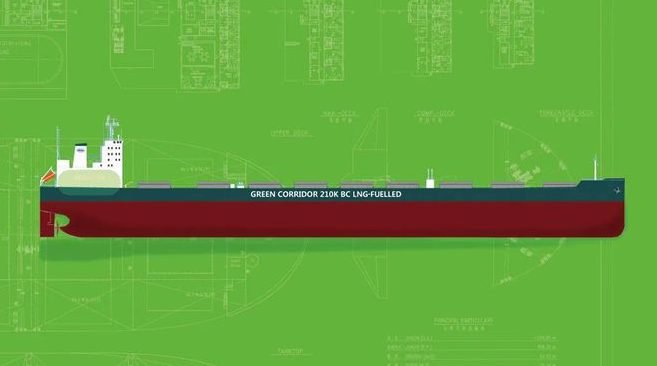This stark warning has come in the latest update on ‘Green Corridor’ development from the Getting to Zero Coalition and the Global Maritime Forum. Future progress is threatened by a ‘feasibility wall’ owing to the dramatically higher cost of zero-emission fuels.
The third edition of this year’s Annual Progress Report on Green Shipping Corridors 2024 reveals that no less than 18 new corridor initiatives have been launched over the last 12 months, a 40% increase on 2023. But a lack of support from governments is proving to be ‘the number one bottleneck’ on their further development and the launch of new ones.
The Global Maritime Forum’s Director of Decarbonisation, Jesse Fahnestock, declared: “Green shipping corridors have an essential role to play in accelerating zero-emission shipping. This year saw a handful of advanced corridors setting the pace, but continued progress is not inevitable. If industry and national governments make a concerted effort to share the costs and risks associated with new fuels, these leading corridors could together generate a breakthrough for zero-emission shipping before 2030.”
Green corridors, an initiative set up in three years ago in November 2021, were introduced as a means of reaching a target of having zero-emission fuels accounting for 5% of all fuels by 2030. This is the threshold considered as the minimum to generate the investment in supply chains, infrastructure and technology that will enable exponential growth in sustainable marine fuels over the next decade and beyond.


